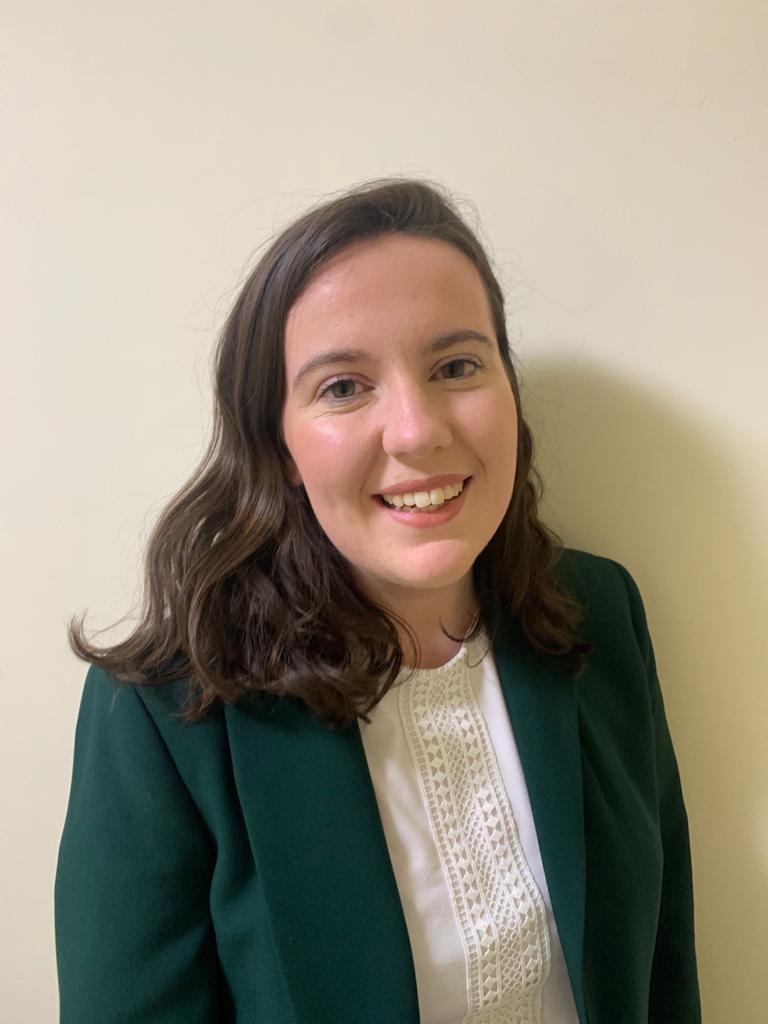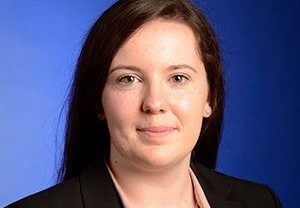
Life as a non-technical woman in data
When I started my first job on a consulting graduate scheme almost six years ago, I would’ve laughed at the idea that I would ever work in data. As someone who studied exclusively humanities subjects from GCSE level, I very much classified myself as a ‘words’ person and thought that all roles in data required […]
When I started my first job on a consulting graduate scheme almost six years ago, I would’ve laughed at the idea that I would ever work in data.
As someone who studied exclusively humanities subjects from GCSE level, I very much classified myself as a ‘words’ person and thought that all roles in data required a detailed knowledge of statistics, coding, and a whole lot of numbers. I couldn’t have been more wrong!
Thanks to a chance meeting with a colleague, I was lucky enough to be assigned to a public sector team on my first day and, although we initially worked on traditional transformation engagements, we began to increasingly specialise in data-related projects. Delivering tailored strategies and data-driven solutions to clients across the public sector, I had a crash course in data and realised that there is so much more to the field than simply technology and analytics. We helped clients to look at data holistically and treat it as a strategic asset that deserves careful management, in the same way that the finance team looks after an organisation’s money and HR supports its people.
Five years later, and while I have learnt a lot about the more technical elements of data along the way, my work still predominantly requires core skills such as change management, the ability to think critically, and complex problem-solving. I specialise in creating data strategies for public sector organisations; working with them to review how they use data today and then outline the various ways that they can use data differently to drive efficiencies and enhance insights going forward.
These recommendations often cover a whole range of themes, from identifying data leaders through to providing targeted training or ensuring that a Cambridge Analytica can never happen with public data. I also often help clients to design multi-disciplinary teams for data and insights, in the form of a Centre of Excellence, which typically involves creating an organisational structure and governance processes, assessing the required roles and skills mixes, and supporting recruitment. However, this is just the tip of the iceberg – each organisation uses data differently and so every project is unique as we need to tailor our approach to their specific needs. From national regulators to local Fire and Rescue services, I work with clients to devise approaches to data and insights that empower them to realise their organisational aims.
The world of data is constantly evolving and we’re seeing continuous innovation, whether that be in technologies, techniques, or legislation. As a result, it’s a really exciting area to work in, with a real sense that you’re working at the cutting-edge of change. Public sector organisations are also rapidly recognising the importance of enhanced data and insights for delivering effective and efficient services, making it a top table issue.
Working in the world of data, I have often been the only woman in a meeting; as with many technical areas, there are generally far fewer female applicants, not helped by a persistent lack of female representation in senior roles. However, even over the last few years, we’ve seen a growing focus on getting more women into the field.
At Agilisys, we are always reviewing our recruitment approach to see how we can get more talented women to apply, including those who have perhaps never even considered a data-related career. We also have a thriving Agilisys Women’s Empowerment Group (AWE) which shines a spotlight on gender equality issues in the workplace and is a source of support and guidance.
It feels like we’re on the cusp of a new era – our new Data Strategy team is predominantly female and our Data Platform team is actively exploring how it can further nurture emerging female talent.
In my view, there’s no better time to start a career in the world of data. If you’re curious about the world around you, enjoy solving complex problems, and want to make a real difference, I would highly recommend looking into data-related opportunities. Whether you love statistics, people and change, or process engineering, there is a role for you.
This blog is part of a series to celebrate International Women’s Day, hear more from some of the talented women at Agilisys.





